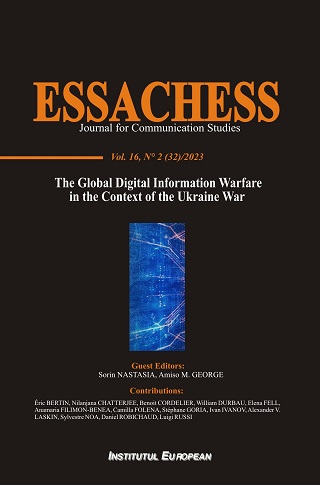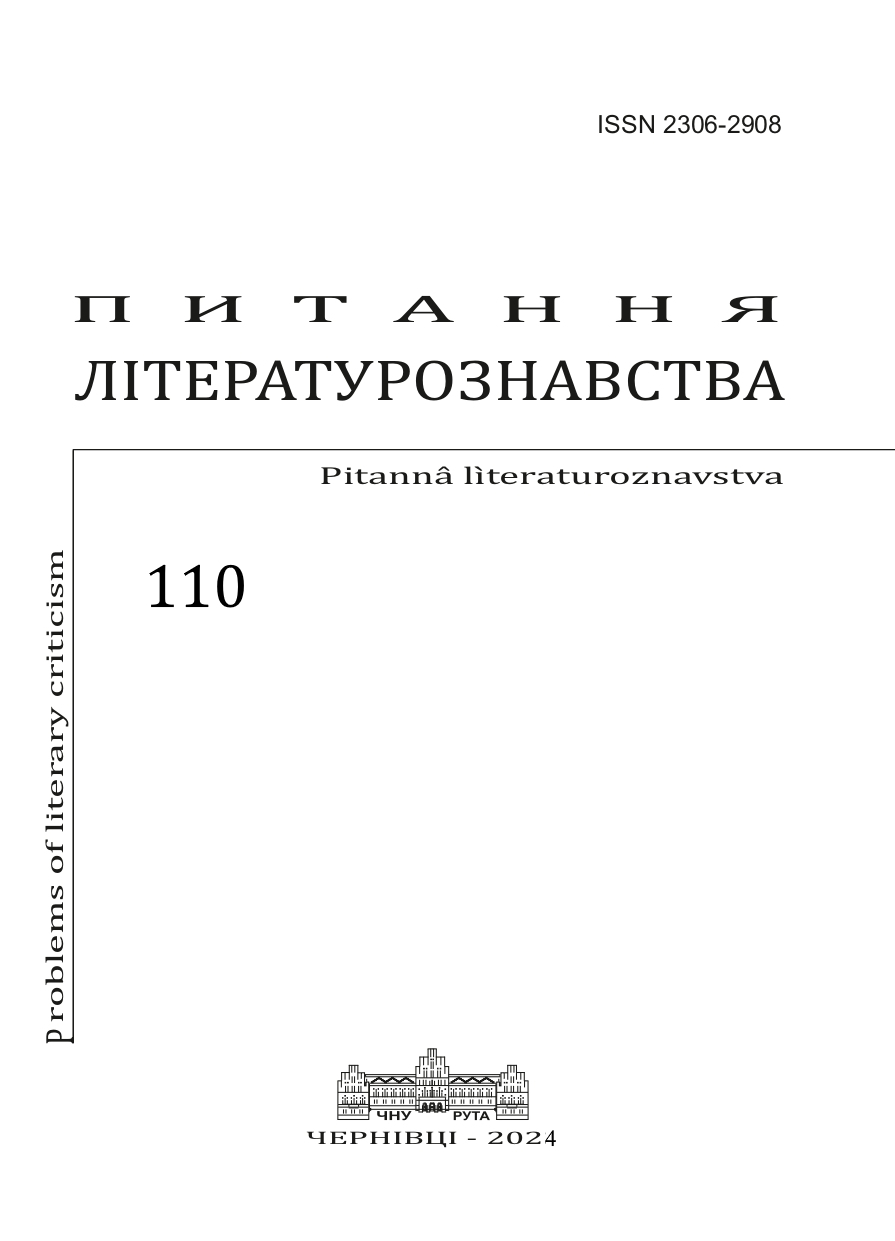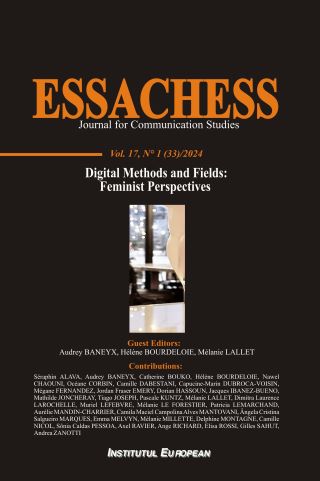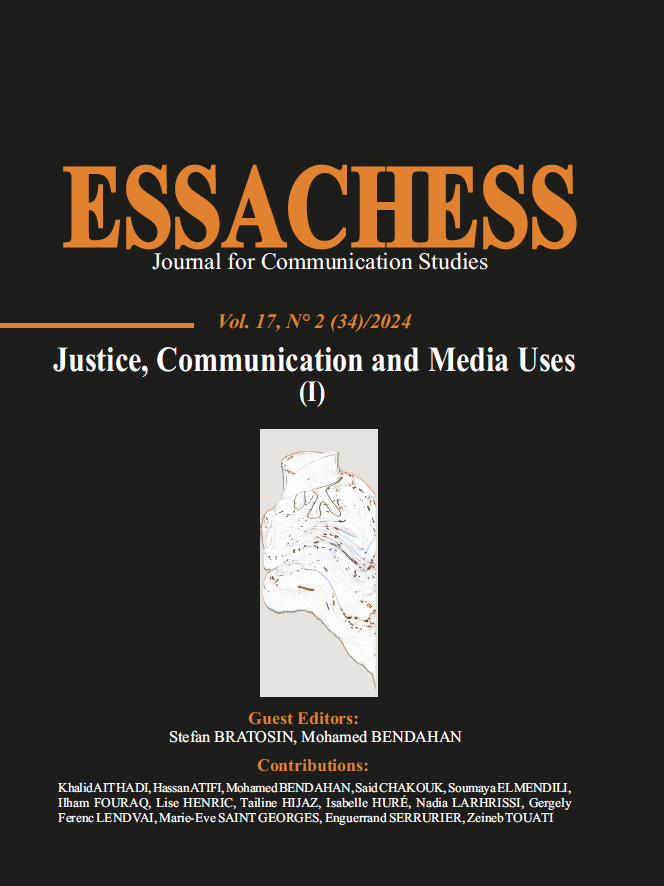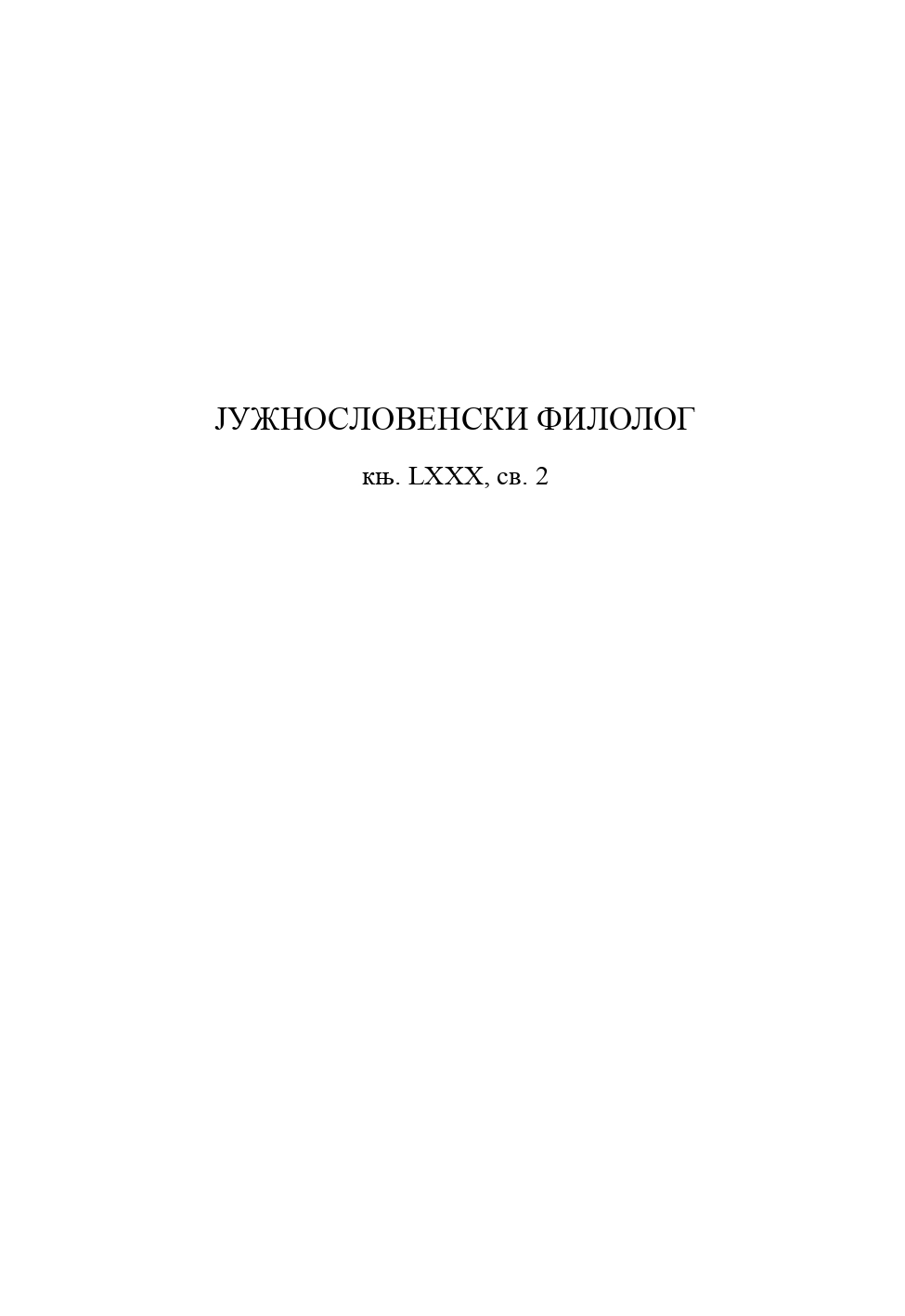
СЛИКА ЖЕНЕ У ДИЈАЛЕКАТСКИМ РЕЧНИЦИМА ПРИЗРЕНСКО-ТИМОЧКЕ ГОВОРНЕ ЗОНЕ
The paper analyzes the image of a woman from the perspective of a patriarchal language community, which is preserved in the lexicon of archaic Prizren-Timok dialects, based on a corpus of over one thousand lexemes. The linguistic worldview is stored in the conceptual structures of lexemes, where the conceptosphere of a traditionally educated patriarchal man is outlined through the semantic structure. The analysis shows how much the social status of a woman, her role in the social community, differs from that of today, but also points to the former ideal of female physical beauty, spiritual, psychological and moral characteristics
More...
